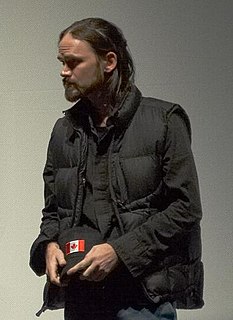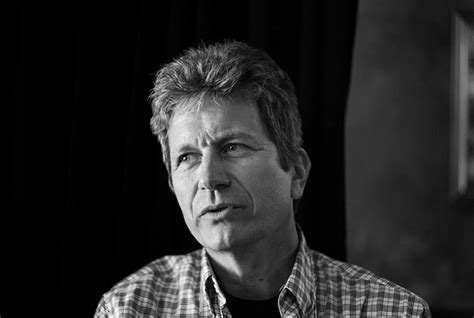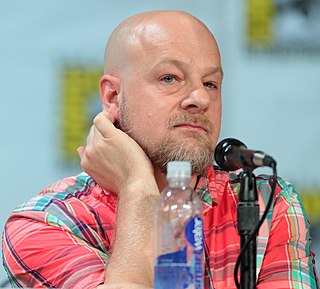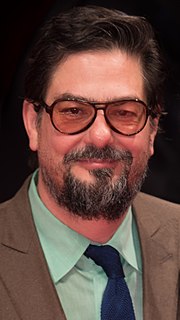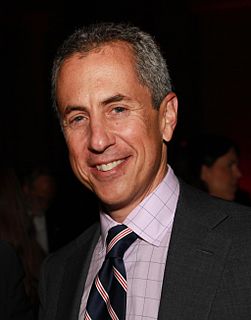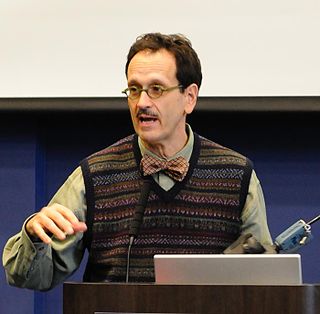A Quote by Anton Corbijn
Once you make decisions, you can't go back, but in photography, that process can continue. With film, you have to eliminate all the possibilities and make the one possibility work the best for you, so you have to become very creative with the direction you've chosen.
Related Quotes
I like being on a set where you can make decisions and everything is involved and are happy to work together to make the best work. For me, it's all about making the best work and creative people working together and all being respected and all having their opinions of what gives it the best quality is important.
I think everyone at some point comes up against a wall. Curiously, though, if you continue working, you might readdress that idea from another direction. If you didn't try something, you'd never have anything; if you didn't make an attempt to make the work, it wouldn't exist. There have been times when I could not work, and I would just go and sit down in the studio and wait to see what might happen. You can't always just go and take an exotic trip and come back and make something.
I left film because I felt that photography was my art. It was something I could do on my own, whereas film was so collaborative. I thought as a photographer I could make something that was artistic and that was mine, and I liked that. And it wasn't until I got back into film and I have very small crews and I could do very tiny filmmaking that wasn't 100 people that I still felt that I was making something artistic as a filmmaker. So, you know, I'm an artist, and whether it's photography or film, I want my voice to be there and I think my voice is very strong in this film.
When you write a novel or paint a picture, you have the opportunity to approach it and back off, tear up pages, write, rewrite, paint over, and come back to it. In film, once you start shooting, you can't restart the clock, and you keep moving forward, and you don't look back, and you don't go back. And that is, of course, antithetical to the creative process. It's really hard to generate a comfortable creative flow under that kind of pressure.
If you are able to see on a monitor what it's actually going to look like and have that kind of feedback informing your decisions, then you're bringing back a lot of the decision-making process of the designer, the director of photography and the director away from the post-production process and bringing it back into the actual capturing of the event on film.
When I'm in the studio, I'm strictly thinking about the beats, the rhymes and the song. The decision I make once the songs are created, and there's a barcode put on the package, and I'm out there in the street selling it, those decisions as a businessman are different than the creative decisions you make.
I did photography in summer camp; I did it in high school. The only hard decision I've had to make was whether to go towards photo or film. And I ultimately realized that the type of photo I was interested in was actually photojournalism. And it's a very individualist career, whereas film is a very team-driven medium. So that's why I chose film.
The part of capitalism that doesn't work for me is when capitalists make decisions in the way that Adam Smith suggested, which is that as long as you do everything in the interest of the investor, you're going to actually make the best decisions for all other stakeholders. I don't happen to agree with that.
Normally I do all my own post work. It's not that I do it better than anyone else, I just do it my way. I make decisions. People who print at labs are probably far better printers, but they won't make my decisions mid-process. I don't want to be out of the loop. I want to be a photographer and do all of it.
When I am writing I don't set a certain number of pages. I do know that the further into a script I get the faster it goes. As soon as you start making decisions you start cutting off all of the other possibilities of things that could happen. So with every decision that you make you are removing a whole bunch of other possibilities of where that story can go or what that character can do. So when I get maybe 2/3's of the way through I can see very clearly where it is going to go.




